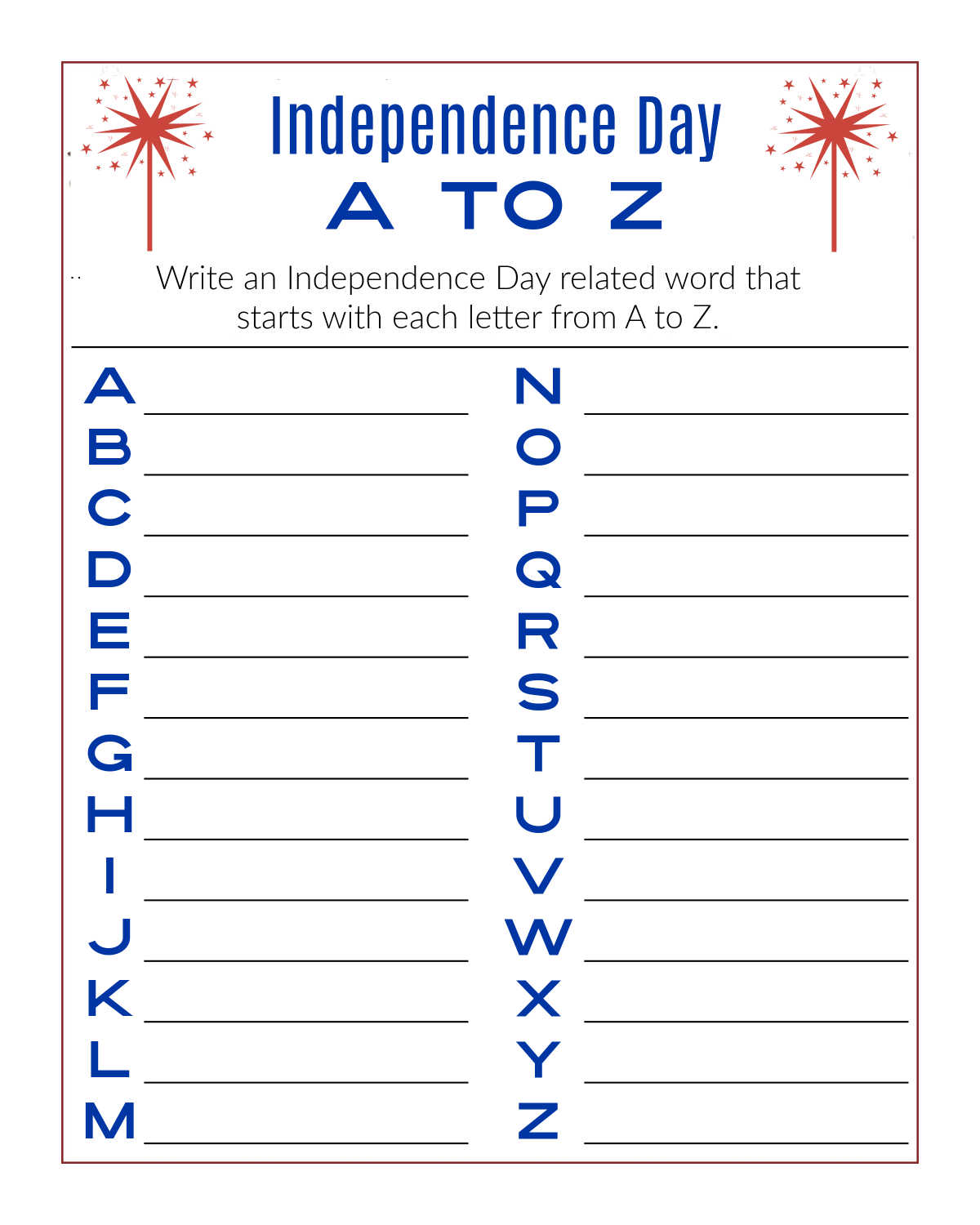Independence is a concept that can be described in various ways, depending on the context and perspective. At its core, independence refers to the state of being free from the control, influence, or interference of others. Here are some alternative words and phrases that convey the idea of independence:
- Self-governance: This term emphasizes the ability of an individual or entity to manage its own affairs without external oversight or control.
- Autonomy: Derived from the Greek words “auto” (self) and “nomos” (law), autonomy refers to the capacity to govern oneself, making decisions without external pressure or coercion.
- Freedom: While often used interchangeably with independence, freedom typically connotes a broader sense of liberation from restraint, whether physical, emotional, or psychological.
- Sovereignty: Often used in the context of nations or states, sovereignty refers to the supreme authority and independence of a governing body, free from external interference or control.
- Self-sufficiency: This term highlights the ability of an individual or entity to meet its own needs and requirements without relying on others for support or resources.
- Unencumbered: This word suggests a state of being free from burdens, obligations, or constraints, allowing for unimpeded action or decision-making.
- Unfettered: Similar to unencumbered, unfettered implies a lack of restrictions or limitations, enabling unrestricted freedom of action or thought.
- Liberty: While related to freedom, liberty often carries a sense of protection or guarantee, ensuring that an individual or entity is able to exercise its rights and freedoms without fear of oppression or reprisal.
- Non-reliance: This term emphasizes the ability to function or thrive without dependence on others, whether financially, emotionally, or otherwise.
- Self-determination: This concept is closely tied to independence, as it refers to the ability of individuals or groups to determine their own course, make their own decisions, and shape their own destiny.
These alternative words and phrases can help convey the nuances and complexities of independence, allowing for a more precise and contextual understanding of this multifaceted concept.
In conclusion, independence is a rich and multifaceted concept that can be described and explored through a variety of alternative words and phrases. By examining these different perspectives and nuances, we can gain a more comprehensive understanding of what independence means and how it can be cultivated and protected in various aspects of life.
What is the difference between independence and autonomy?
+While often used interchangeably, independence typically refers to the state of being free from external control or influence, whereas autonomy emphasizes the capacity for self-governance and decision-making. In other words, independence is about being free from external constraints, whereas autonomy is about having the power to make one’s own choices and decisions.
How can individuals cultivate independence in their personal lives?
+Cultivating independence in personal life can involve developing self-sufficiency, setting clear boundaries, and prioritizing self-care and personal growth. It’s also essential to recognize and challenge any internalized dependencies or limiting beliefs that may be hindering independence. By taking small steps towards autonomy and self-governance, individuals can gradually build their confidence and capacity for independent decision-making.



